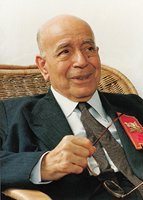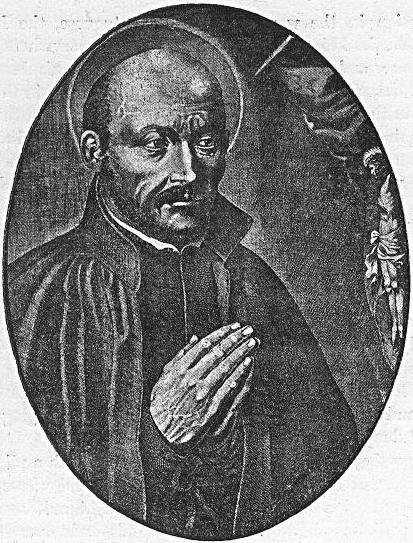
The French Revolution caused a large number of people, disgruntled with the concessionist policies of Louis XVI and the violence of the republicans, to emigrate to other countries. When the Bourbons were restored in 1814, these émigrés returned to their country with exactly the same mentality they had left 25 years earlier. Talleyrand said of them: “They learned nothing and forgot nothing.” This thought came to mind because of a not-so-small number of our compatriots who judge today’s events with exactly the same criteria as those in vogue 25 years ago. One could also say of them, “Nothing learned, nothing forgotten” (N-L-N-F).
What are the symptoms of someone who belongs to the morose class of the N-L-N-F? I’ll give an example. Someone who is shocked with this statement: today, the two poles of the thought and action of men are, on one hand, the Catholic Religion (understood without smatterings of or mixtures with progressivism or leftism), and on the other, communism. Everything else is nothing but a middle, ephemeral, transitory position. Now, two immense ideological crises — and not without mutual affinities — labor inside each of these poles. As a consequence, there is nothing that can influence the course of current events as deeply as the unfolding of these crises. It is above all in this point, that is, in the internal battles between Catholics on one hand and communists on the other, that the future of the world will be decided. This double crisis will decide, among other things, if there really should be a fight between Catholics and communists.
This perspective will either persuade a man who is up-to-date, or it won’t. In either case, it won’t shock him that someone thinks this way. But it is shocking to a N-L-N-F, who sees the issue through the prism of 25 years ago and who considers the breach between Catholics a sacristy quarrel, and the breach between communists some petty political quarrel.
A N-L-N-F will, a fortiori, not understand if I state that the internal crisis of the Church is incomparably more important than that in the communist camp. Nevertheless, this is how it is.
The health and light of the world is in the Church. All the forces of evil are conquerable as long as the Church is in full vigor. But on the contrary, to the degree that errors, corruption and infidelity undermine the ranks of the Church, the forces of evil grow strong, advance and drag the world toward an apocalyptic catastrophe. Now, this has corollaries.
If both the Church and communism are blossoming, the latter is necessarily already defeated. It is just a matter of time.
If both the Church and communism are weak, communism will become powerful, or the human race will generate some new monster that will turn on it. The N-L-N-F denies all this.
How do we demonstrate that the N-L-N-F is wrong?

The health and light of the world is in the Church. All the forces of evil are conquerable as long as the Church is in full vigor.
The perfect code of human conduct is in the Ten Commandments of the Law of God. If all men were to follow this Law fully, all of man’s ideological and moral problems would be resolved. If, on the contrary, all men fully violate this Law, humanity will not be long in destroying itself.
These principles have a powerful effect on the technical plane. A man who fully observes the Law of God employs, ipso facto, all of its aid in the work he accomplishes. And if this man is a technician, the more faithful he is to the Law of God, the more he will produce in his field. From this follows that fidelity to this Law brings a plenitude of success in the technical field, as well as in all the other fields of human endeavor. Be he a genius or not, the more faithful he is to the Law of God, the more any man will reap from his abilities. There is much more reason to fear than hope in geniuses who depart from the Law of God.
Now, a word about grace and the Church.
According to Catholic doctrine, man is not able to stably practice all the Commandments with merely his own strength. To do this a created and supernatural gift of God is necessary: grace. It is through his union with the Church that man should receive this gift.
Because of its misery, humanity is not capable, merely with its own strength, of always interpreting and applying to concrete cases the Law of God. For this reason Jesus Christ instituted an infallible Mistress to teach this to humanity. The source of sanctification through grace and infallible Mistress, the Church is also a Shepherd. It is for Her to govern and direct men in the fulfilling of the Law in order for them to win eternal life.
Thus, it is in the degree that the Church is faithful to Herself, and accomplishes more perfectly or less perfectly Her mission, that humanity ascends or descends in the practice of the Commandments and men ascend or descend in everything they do, and in any field. The decisive ground of what happens in the world is therefore the internal life of the Church.
A N-L-N-F is someone who, reading this article, disagrees with it because he takes part in the laicism that has been in vogue for the last 25 years and which has systematically attributed only secondary importance to religious matters.
This article was originally published in the Folha de S.Paulo, on April 5, 1970

